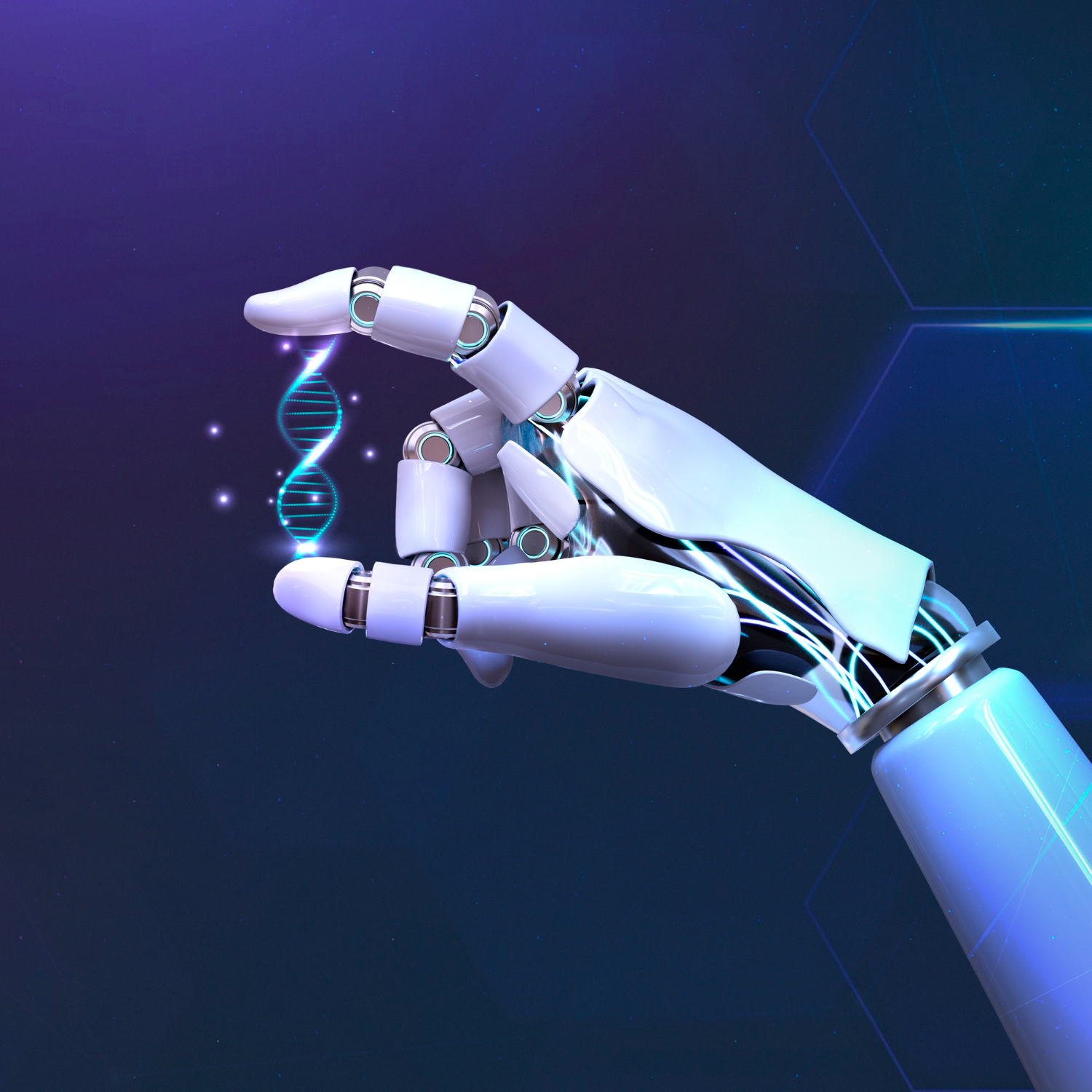Eric Schmidt: This is how Science will become more exciting and AI will transform the way science gets done

Former Google CEO Eric Schmidt has written for us today about how AI is going to revolutionize every single bit of science and why that's something to be excited about.
“If we play our cards right, with sensible regulation and proper support for innovative uses of AI to address science’s most pressing issues, AI can rewrite the scientific process. We can build a future where AI-powered tools will both save us from mindless and time-consuming labor and also lead us to creative inventions and discoveries, encouraging breakthroughs that would otherwise take decades.” Said Eric Schmidt.
He makes an example with “Earth 2” a system that will use predictions from FourCastNet, an AI model that uses tens of terabytes of Earth system data and can predict the next two weeks of weather tens of thousands of times faster and more accurately than current forecasting methods. Another example is the scientists at McMaster and MIT who used an AI model to identify an antibiotic to combat a pathogen that the World Health Organization labeled one of the world’s most dangerous antibiotic-resistant bacteria for hospital patients.
“With the advent of AI, science is about to become much more exciting—and in some ways unrecognizable. The reverberations of this shift will be felt far outside the lab; they will affect us all. Although AI in recent months has become almost synonymous with large language models, or LLMs, in science, there are a multitude of different model architectures that may drive even bigger impacts. In the past decade, most progress in science so far has been through smaller, “classical” models focused on specific questions. These models have already brought about profound advances in science. More recently, larger deep learning models that are beginning to incorporate cross-domain knowledge and generative AI have expanded what is possible.” continued Schmidt.
AI tools have incredible potential, creating new job opportunities, but Schmidt recognized where the human touch is still important. For example, successfully melding AI and robotics through self-driving labs will not be easy. There is a lot of tacit knowledge that scientists learn in labs that is difficult to pass to AI-powered robotics.
READ THE FULL ARTICLE HERE